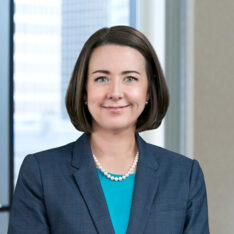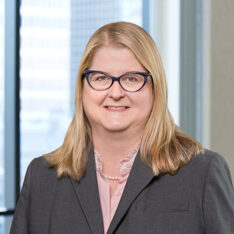No one would expect you to operate a business without developing a business plan. Typically, you would review the plan annually and modify it to accommodate your needs. Yet many people don’t follow similar practices for approaching the end of life. In other words, they don’t have an eldercare plan in place.
Your family may be facing these challenges as an elderly family member — perhaps your parent or an in-law — is experiencing difficulties caring for themselves. Don’t be caught without a plan that addresses key issues and includes contingencies.
Call a family meeting
If you haven’t already done so, convene a family meeting. Be sure to invite all of the adult children of the elderly relative and their spouses. Of course, the “invitation list” will depend on the size of the family and other dynamics.
Be forewarned that some family members might not agree with the need for a meeting. Furthermore, it likely won’t be easy to find time to meet due to busy schedules and other commitments. Plus, location may be a factor, with many families spread out around the country and maybe even abroad. Nevertheless, it’s important to bring as many participants into the loop as possible.
Fortunately, technology can provide additional flexibility. If everyone can’t meet in person, a teleconference may be sufficient — or at least better than nothing.
Should you have a professional advisor attend the meeting? That may depend on the nature of relationships and whether you want to formalize some decisions. Also, don’t overlook or ignore a third-party caretaker (such as a nurse or aide) who might be able to contribute valuable insights.
Finally, consider whether to include the elderly relative. This, of course, can be a delicate decision. Determine what’s best for your family’s particular situation.
Discuss the details
A family meeting enables you to share information and allows others to air their concerns. In some cases, one or more siblings may feel that they’re being asked to do too much caretaking, while others might profess to want to do more. In any event, remember that there’s no “perfect” solution.
Naturally, you’ll want to discuss matters relating to your loved one’s health care. This could result in a decision to have the person move to an assisted living facility or to upgrade current living arrangements. Or you might keep the person at home and use live-in care if the situation warrants. Or family members may volunteer to assume the role of caregiver and have the elderly person reside with them.
These decisions are often wrought with emotion as well as requiring an analysis of personal preferences, priorities and costs. That’s why you can’t expect to finalize everything in a single meeting. It’ll likely take time to arrive at consensus.
Consider the legal documents that may further the plan, such as a power of attorney (POA), living will and other health care directives and use of trusts. In addition, the elderly relative’s will may have to be revised. Some of the main objectives may be preservation of assets and minimizing federal and state tax liabilities.
Generally, one family member — perhaps it’s you — will be chosen to handle your loved one’s financial affairs. This person can usually write checks and draw on the elderly relative’s bank and retirement accounts through a POA.
Communicate clearly
As always, communication is critical. Things may be especially stressful in families where relations haven’t always been harmonious, but you must reach some conclusions for the collective good of your loved one. Of course, conflicts may arise at the meeting, so expect some compromises. Try to honor prior agreements, when possible. It’s recommended that one person take notes and then distribute a summary via email.
Finally, try to remain flexible, especially if the situation changes (as it frequently does). Develop a “Plan B” if an assisted living facility or other living arrangement doesn’t work out or the elderly person’s condition suddenly worsens.







